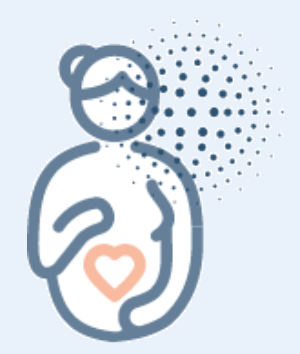Witchel S. F. (2018). Disorders of sex development. Best practice & research. Clinical obstetrics & gynaecology, 48, 90–102. https://doi.org/10.1016/j.bpobgyn.2017.11.005
Lee, P. A., Nordenström, A., Houk, C. P., Ahmed, S. F., Auchus, R., Baratz, A., Baratz Dalke, K., Liao, L. M., Lin-Su, K., Looijenga, L. H., 3rd, Mazur, T., Meyer-Bahlburg, H. F., Mouriquand, P., Quigley, C. A., Sandberg, D. E., Vilain, E., Witchel, S., & Global DSD Update Consortium (2016). Global Disorders of Sex Development Update since 2006: Perceptions, Approach and Care. Hormone research in paediatrics, 85(3), 158–180. https://doi.org/10.1159/000442975
Houk, C., & Lee, P. (2012). Update on disorders of sex development. Current Opinion In Endocrinology & Diabetes And Obesity, 19(1), 28-32. doi: 10.1097/med.0b013e32834edacb
Hughes, I., Houk, C., Ahmed, S., & Lee, P. (2006). Consensus statement on management of intersex disorders. Journal Of Pediatric Urology, 2(3), 148-162. doi: 10.1016/j.jpurol.2006.03.004
Yatsenko, S. A., & Witchel, S. F. (2017). Genetic approach to ambiguous genitalia and disorders of sex development: What clinicians need to know. Seminars in perinatology, 41(4), 232–243. https://doi.org/10.1053/j.semperi.2017.03.016






